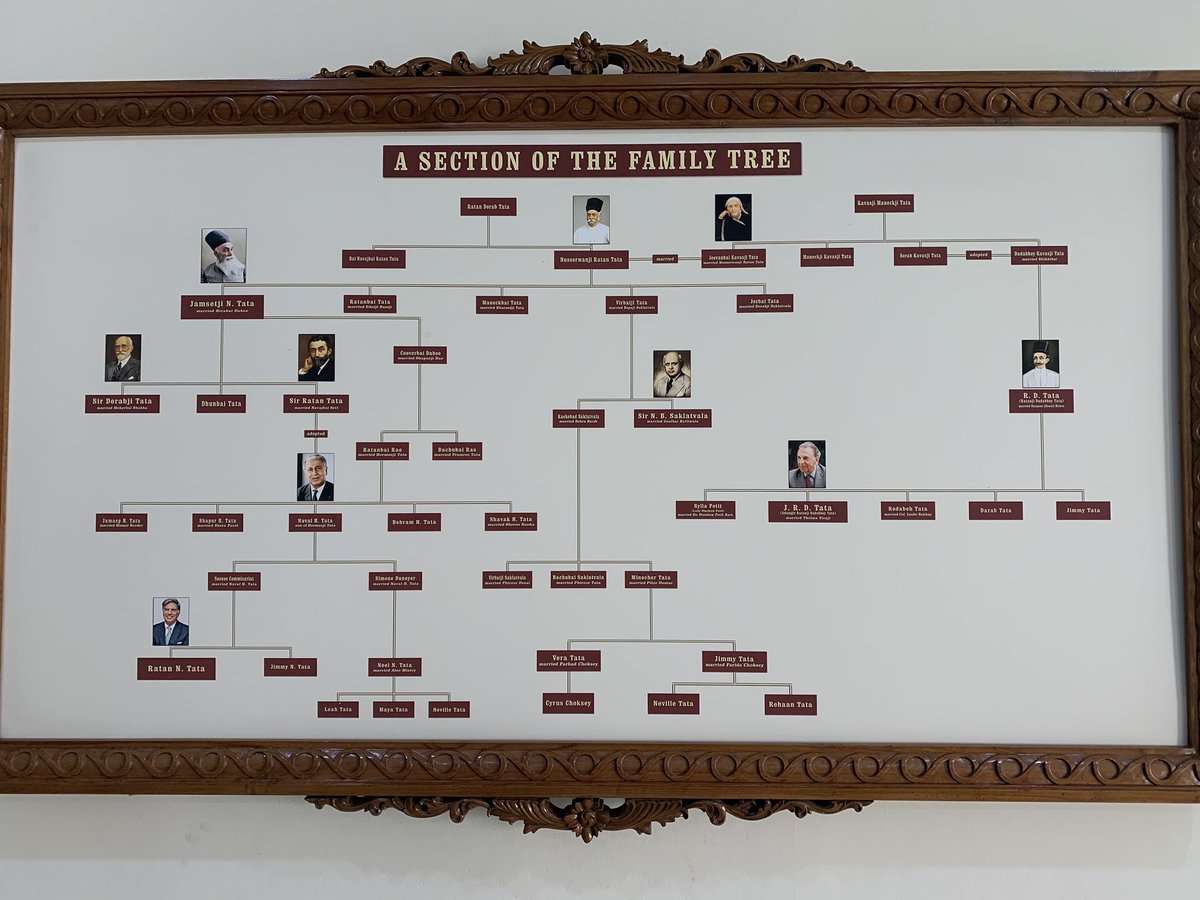[a thread for clarification and a nuanced discussion; not a thread for grandstanding, not reading, and angry Tweeting]
1/x
Fumbling "balanced literacy" and overstating research on systematic intensive phonics
2/x
3/x
The problems are "settled" and "all students"; but there certainly is a robust evidence base 4/x
For example +
5/x
WL correlates with *higher* NAEP scores in reading in 1990s
9/x
10/x
11/x
Also, no classroom is a random population
12/x
So here is where all this becomes important to interrogate carefully and with nuance
13/x
See Coles 2019 newpol.org/issue_post/cry…
14/x
15/x
For example: (1) the 1940s radicalscholarship.wordpress.com/2019/02/21/wha…
16/x
18/x
19/x
The Problem with Balanced Literacy radicalscholarship.wordpress.com/2019/06/17/the…
20/x
21/x
22/x
The catch is that the implementation of programs is flawed, not BL
23/x
@educationweek @apmreports @NPR @nytimes @NewsHour
24/24










